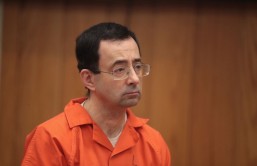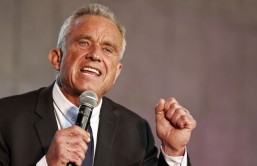A mosque and busy market witnessed a suicide bomber blow up his explosive-ridden car in eastern Afghanistan on Tuesday, killing 89 people and wounding more than 40, officials said. Although no one immediately claimed responsibility, the Taliban denied their insurgent group was involved in the attack, claiming that they "strongly condemn attacks on local people."
The blast in the town of Urgun, Paktika, along the border of Pakistan, was the deadliest to be experienced in Afghanistan since months, highlighting the country's instability as 50,000 NATO foreign troops prepare to leave by the end of the year while the Taliban attempt to reassert their authority in the east and the south of Afghanistan, the Associated Press reported.
In Tuesday's attack, the bomber detonated his explosives-laden vehicle as he drove by the crowded market in the remote town in Urgun district, Gen. Mohammad Zahir Azimi, the Defense Ministry spokesman, said. The explosion also destroyed more than 20 shops and dozens of vehicles nearby, with several of the victims getting buried under the rubble, said Mohammad Reza Kharoti, the administrative chief of Urgun district. "It was a very brutal suicide attack against poor civilians, he said. "There was no military base nearby."
Helicopters and ambulances were immediately provided by the military to transport the victims to the provincial capital, Sharan, and so far 42 wounded have been moved to hospitals there, Azimi added. However, Hamkimullah, a witness, told AFP the blast had a devastating effect on the market. "There is no room in the hospitals for the victims, people are treating the wounded people on the streets," he said.
Meanwhile, hours before the Paktika attack, a remote-controlled roadside bomb exploded as a presidential palace staff bus passed in eastern Kabul, killing two passengers and wounding five others, including the driver. Responsibility for the attack was claimed by Taliban spokesman Zabihullah Mujahid in a statement sent to reporters.
Roadside bombings have become a major threat to both Afghan security forces and civilians across the country, with such attacks having escalated as the Taliban intensify their campaign ahead of the U.S.-led foreign forces' withdrawal by the end of 2014, according to the AP. The bombing was also the first major attack since a John Kerry, American secretary of state, helped broker a deal, which will eventually see the winner set up a government of national unity.








